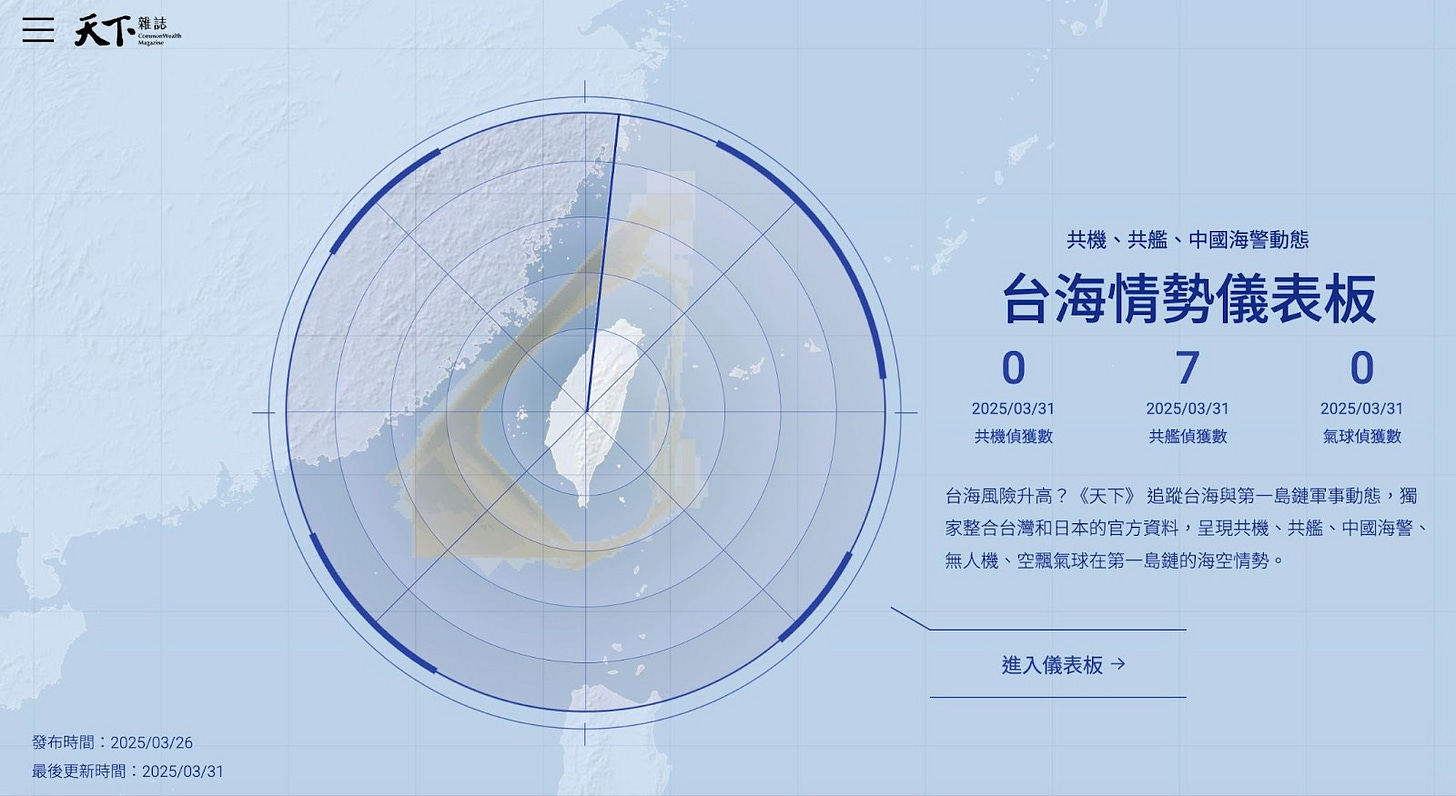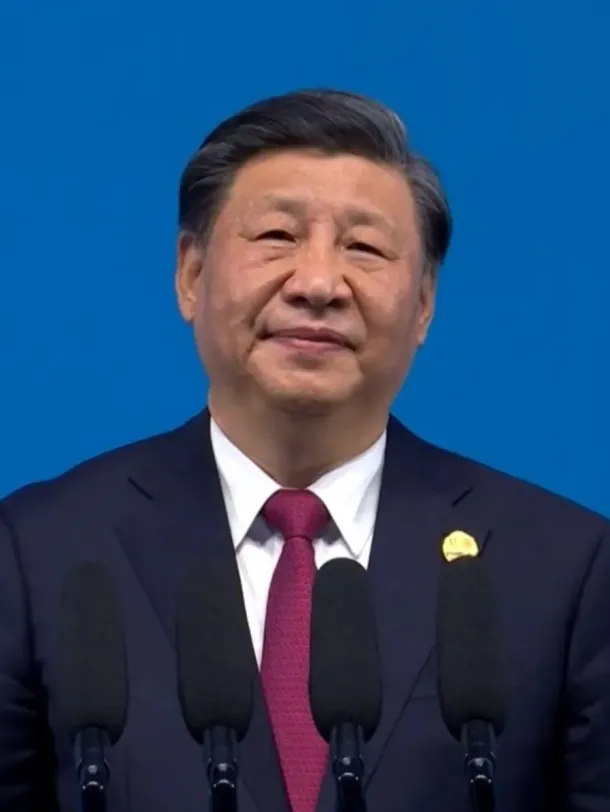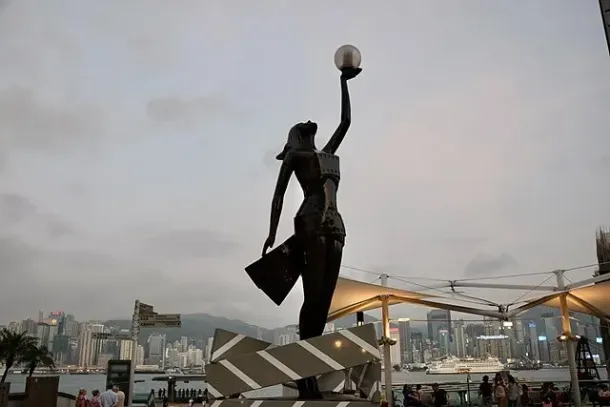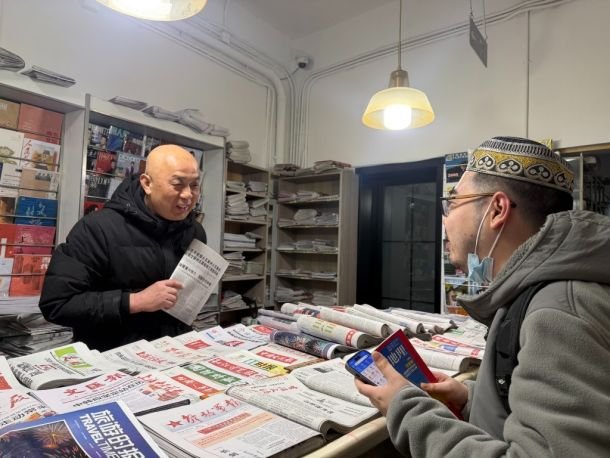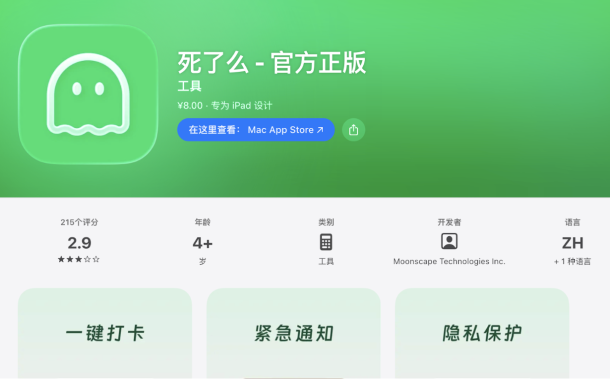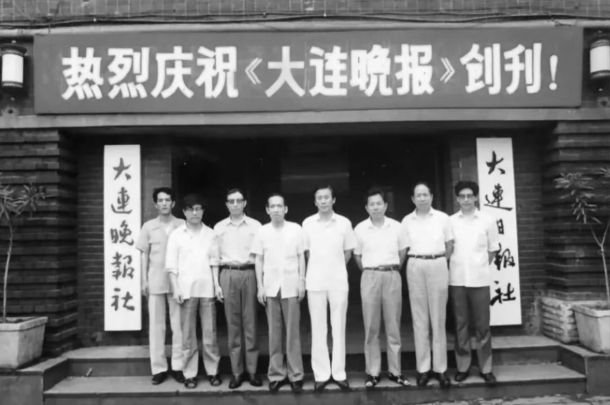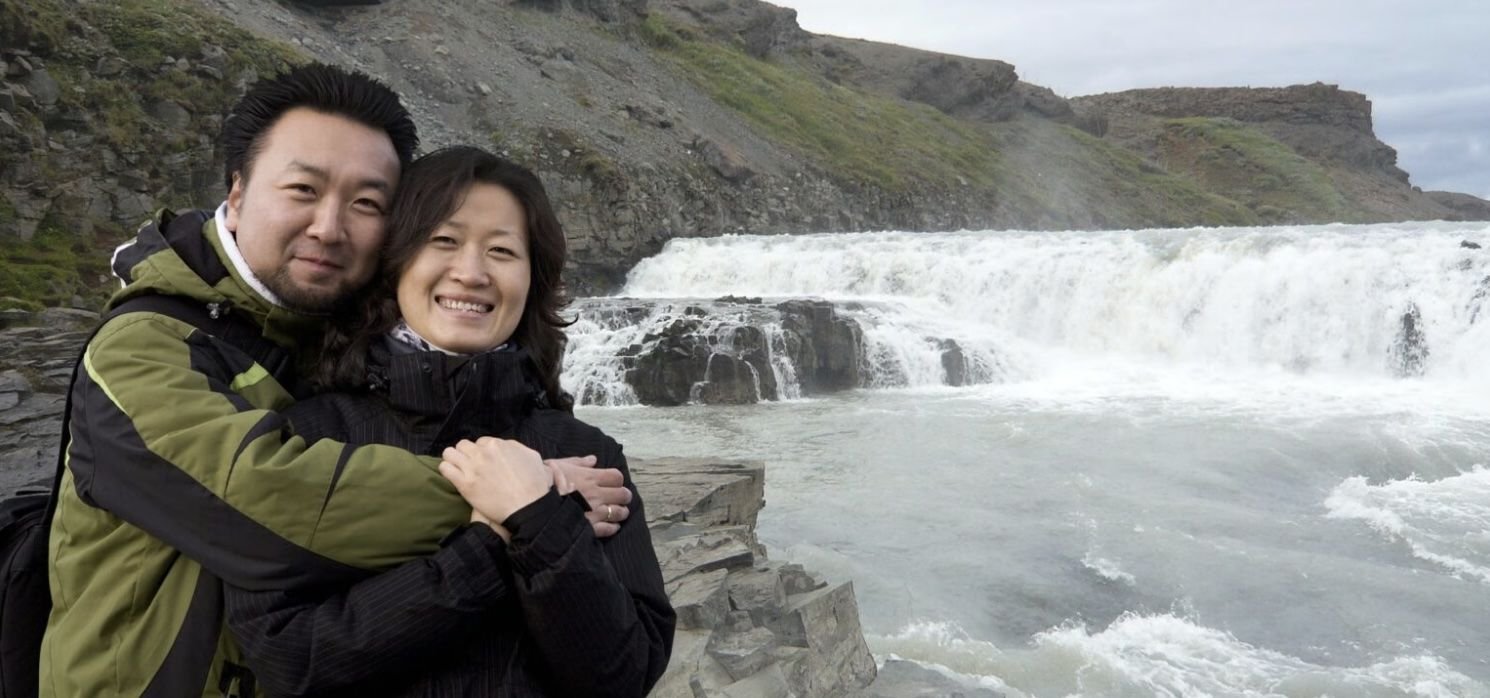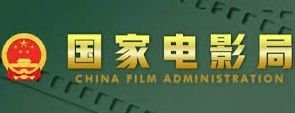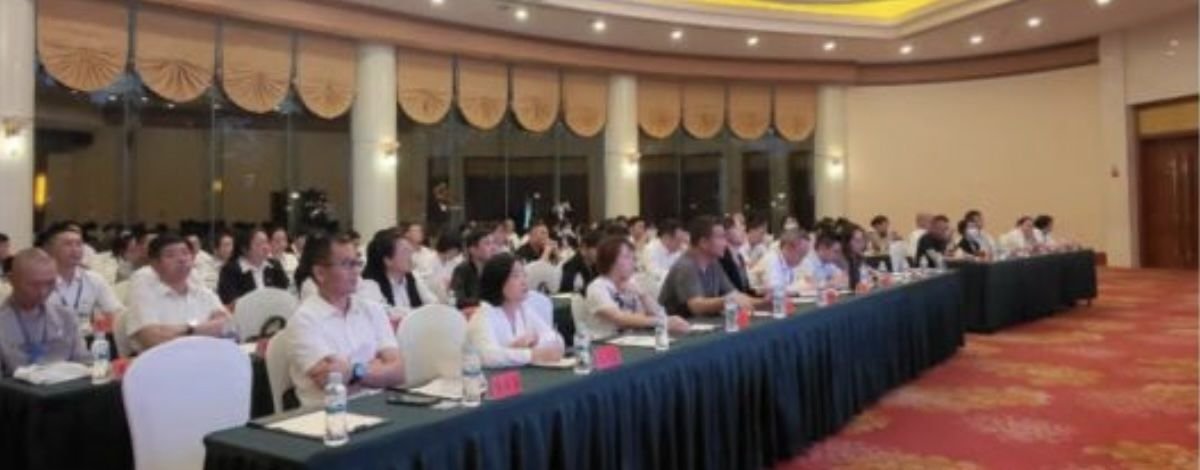Sea-Drill Drama

The People’s Liberation Army (解放軍) began joint military exercises around Taiwan on Tuesday this week, calling Taiwan’s President Lai Ching-Te a “parasite” in the latest escalation of Beijing’s months-long pressure campaign against Taiwan that is also a test for the United States. According to PLA Eastern Theater Command spokesman Shi Yi (施毅), the drills involve army, navy, air force and rocket forces conducting “multi-directional approaches to Taiwan island,” focusing on sea-air combat readiness, control of key areas, and land and sea strikes.
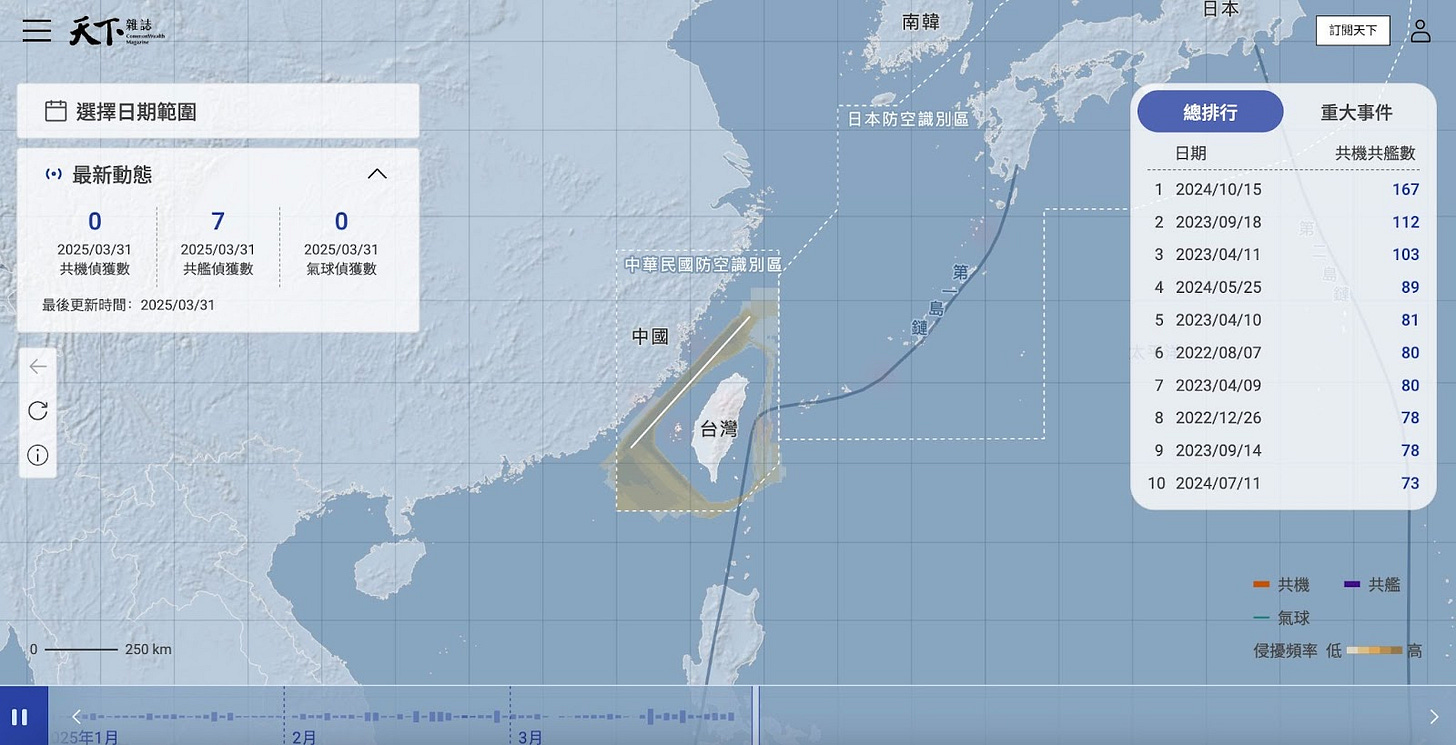
State-run Xinhua News Agency (新華社) said the exercises aim to test joint combat capabilities while serving as a serious warning to “Taiwan independence separatist forces” (台獨分裂勢力). This follows two previous military exercises conducted in the Taiwan Strait (台海) in March. The PLA described the action as “legitimate and necessary to safeguard national sovereignty and maintain national unification.”
The military maneuvers come amid heightened tensions following President Lai’s labeling of China as a “hostile foreign force” and recent shifts in U.S. diplomatic language regarding Taiwan. Beijing has consistently declared Taiwan a “red line” in China-U.S. relations and views Lai’s Democratic Progressive Party with particular hostility for what China insists on calling its “pro-independence agenda.”
Last week, Taiwan’s Commonwealth Magazine (天下) launched a free interactive data tool that maps PLA activities around Taiwan. The “Map Explorer” (地圖探索) function displays real-time trajectories of Chinese military aircraft and vessels, revealing PLA hotspots. Users can filter dates, play/pause movement tracking, and click on red dots to examine detailed maps.
